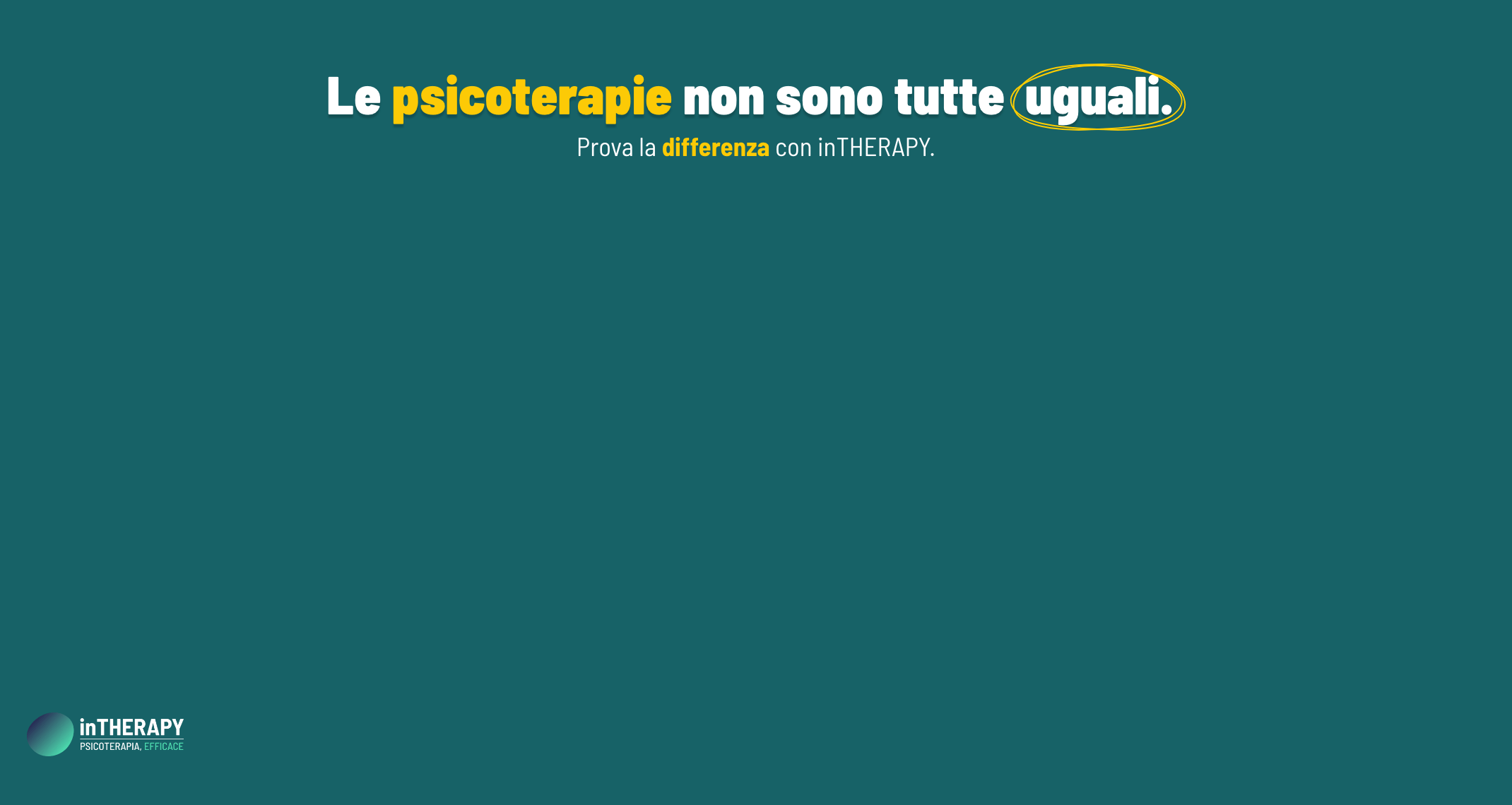Stein Frostad
If the patient refuses to be examined by the general practitioner or the mental health professional the person can be fetched and examined by force.
In Norway compulsory treatment for anorexia nervosa is regulated by Act No 62 of 2 July 1999 (The Mental Health Care Act, in Norwegian called the Psykisk helsevernloven (Phvl)). Amendments implemented in 2007 introduced compulsory observation and compulsory mental health care for patients with severe eating disorders. A general practitioner can refer a patient to a psychiatric unit approved for compulsory mental health care.
Within 24 hours after admission the patient must be reevaluated by a mental health professional responsible for making administrative decisions according to the Act. This person is usually a psychiatrist or an authorized clinical psychologist. If the patient refuses to be examined by the general practitioner or the mental health professional the person can be fetched and examined by force (Section 3-1). A more detailed description of involuntary hospitalization in Norwegian psychiatry is described by Hustoft & al (Hustoft 2013). In order to be considered for compulsory mental health confinement the patient must have delusions or misconceptions comparable to what is seen in psychosis. In addition to this main criterion for compulsory confinement the patient must be in a dangerous medical situation and has refused or is unable to consent to necessary treatment.
Voluntary treatment must have been tried or it is obviously pointless to try (Section 3-3). The unit receiving the patient must be professionally and materially capable of offering the patient satisfactory treatment and care and the unit must be approved for compulsory mental health care. As part of the treatment of a patient with a serious eating disorder, nutrition may be given without the consent of the patient, provided that this is considered to be an absolutely necessary choice of treatment (Section 4-4b). The patient may appeal administrative decisions related to confinement to a supervisory commission while appeals concerning forced feeding are taken care of by the county governor. The supervisory commission is a panel consisting of a judge, two physicians and two laypersons. The patient is entitled to have assistance of a lawyer. Legal aid is free for these patients.
Specialist health care in Norway is organized in four health care regions. During the last 15 years regional units for eating disorders have developed expertise on treatment of the most severely ill patients with eating disorders. In 2003 The Norwegian Directorate of Health established a national clinical network for the regional units. The participants from the regional units meet regularly several times a year. Representatives from the patient organisations are also taking part in the meetings. During the meetings the regional units report to each other about their activity and discuss how patients with severe eating disorders are taken care of in the regions. Several governments have given priority to improvement of care of patients with severe eating disorders.
For more than a decade The Body- and selfesteem programme has been an important tool for educating health care professionals in all regions in Norway. Scientists and clinicians from all over the world have given lectures and workshops. In addition, videoconference supervision delivered by international experts has improved quality of treatment substantially. Most of the patients with eating disorders are treated at child- and adolescent outpatient clinics and district psychiatric centres. It is believed that the education programme reduces the number of patients in need of care at the regional units. In addition, we have the impression that education of a large number health care professionals enhances early diagnosis of severe eating disorders reducing the number of patients in need of compulsory health care.
Most of the compulsory treatment for eating disorders is delivered at the regional units. If the patient needs treatment at a medical department or at an intensive care unit, compulsory treatment can be delivered outside the unit authorized for compulsory treatment. The unit approved for compulsory care must be in charge of the compulsory treatment. In addition, some of the regional units are open, if the patient needs a closed door, the treatment must be delivered at a locked ward authorized for compulsory care. The regional units collaborate with locked ward and with medical departments when necessary. Usually, the patients are able to receive compulsory treatment at an open ward.
Unfortunately, we do not know how many patients who have received compulsory treatment in Norway since 2007. The regional units have developed extensive skills on voluntary treatment and most of the treatment at the regional units is delivered as voluntary treatment. Usually extensive attempts on voluntary treatment will be performed before compulsory treatment is started. However, if it is obvious that voluntary treatment will fail, compulsory treatment can be performed without trying voluntary treatment first. Usually the supervisory commissions will rule against compulsory treatment if voluntary treatment has not been extensively tried by trained professionals.
Although it is believed that only a small number of patients have been treated with compulsory mental health care since 2007, the amendments describing compulsory mental health care has changed the situation of the most severely ill patients with eating disorders. Before 2007 several patients died in their hospital beds because there was insufficient legal support for starting compulsory mental health care. At present, the most severely ill patients receive compulsory mental health care when voluntary treatment fails. Sometimes compulsory treatment is started very late with numerous somatic complications, while in other patients compulsory treatment is stopped because voluntary treatment has not been tried long enough. On some occasions, the supervisory commissions have terminated compulsory mental health care because the institution was not professionally or materially capable of offering the patient satisfactory treatment.
Establishment of compulsory mental health care might affect the relationship between patient and therapist. Several studies have been unable to demonstrate any worsening of the therapeutic relationship after compulsory treatment (Elzakkers 2014). However, we have several times observed transient decrease in engagement when compulsory treatment is started. In the most intensely ill patients voluntary treatment is often preferable. When the risk of refeeding syndrome is high and the energy intake is low many patients are able to interact successfully with the health care professionals. But when energy intake is increased some patients find it difficult to continue treatment and compulsory mental health care might be necessary. According to a review by Clausen and Jones involuntary treatment is not regarded as a reaction to the severity of the eating disorder symptoms alone, but is usually also a response to the complexity of the patient´s situation (Clausen 2014).
The supervisory commissions play a crucial role. Compulsory mental health care should only be started when it is impossible to perform voluntary treatment. When successful voluntary treatment is possible compulsory treatment should be terminated. However, some patients with recurrent life threatening somatic complications and severe cognitive dysfunction should have the opportunity to be able to benefit from psychotherapy by being allowed to establish a nutritional status compatible with successful psychotherapy. The supervisory commissions interpretation of the legislation and understanding of the importance of nutritional status for the patients ability to make good decisions is of great importance. On a few occasions the control commission repetedly ruled against further compulsory treatment before the patient was able to take care of the disease. However, usually the control commissions allow weight gain to continue till the patient is able to manage the situation.
Sigrid Bjoernelv recently reported data from 11 female patients who had received compulsory treatment at the regional unit in Levanger in Norway before 2013. The patients were aged 16,5 to 26 years and they had BMI between 8,2 and 19,3 at start of treatment. After compulsory treatment they were offered treatment at the regional unit for eating disorders. At follow-up one of the patients had died, six patients had a good outcome and four had an active eating disorder.
Section for Eating Disorders at Department for Psychosomatic Medicine in Bergen is the regional unit for the 1 million inhabitants in Western Norway. Patients aged 16 years or above can be accepted for treatment. Two different voluntary programs are offered. The most intensely ill patients are sometimes unable to benefit from psychotherapy. These patients are offered a structured clinical supportive management with 1-1,5 kg weight gain pr week aiming at establishing normal body weight (The Weight-normalization Programme). If the patient is able to benefit from psychotherapy the patient is offered outpatient cognitive behavior therapy enhanced for eating disorders (CBT-E) as described by Chris Fairburn or inpatient intensive CBT-E as described by Riccardo Dalle Grave.
Approximately 50 patients receive outpatient treatment and 5 patients receive inpatient care. Only a few intensely ill patients have received compulsory treatment. Since 2007 0-3 patients have started compulsory treatment per year. Patients who are unable to benefit from voluntary treatment are assessed, monitored and treated by professionals who are trained and have experience in compulsory mental health care for anorexia nervosa. In Norway the regional units are relatively small with limited number of professionals who are able to perform forced feeding. Usually, the patient does not need forced feeding more than once. But on a few occasions the patient has needed forced feeding repeatedly before normal eating has been established.
The patient who receives compulsory care will be offered transition to the voluntary weight normalization Programme or CBT-E when he or she is able to benefit from psychotherapy. Although several patients have made a successful transition for voluntary weight normalizing programme to CBT-E we have till now not seen patients make a transition from compulsory mental care to successful CBT-E. However, the patients who have received compulsory treatment in Bergen have been very seriously ill and compulsory treatment has improved medical situation substantially. After inpatient treatment they receive outpatient follow-up at Section for Eating Disorders or a district psychiatric centre near their home. For these few patients compulsory care has been most valuable.
Stein Frostad MD
Section for Eating Disorders
Department for Psychosomatic Medicine
Haukeland University Hospital
Helse Bergen
Norway
ARTICOLO CONSIGLIATO:
Trattamento sanitario obbligatorio per l’anoressia nervosa: esiti e problemi da affrontare
BIBLIOGRAFIA:
- Hustoft K, Larsen TK, Auestad L & al. Predictors of involuntary hospitalization to acute psychiatry. International Journal of Law and Psychiatry 2013;36(2):136-143.
- Elzakkers I, Danner U, Hoek H & al. Compulsory treatment in anorexia nervosa: a review. Int J Eat Disord 2014;47(8):845-852.
- Clausen L and Jones A. A systematic review of the frequency, duration, type and effect of involuntary treatment for people with anorexia nervosa, and an analysis of patient characteristics. J Eat Disord 2014;2:29.


